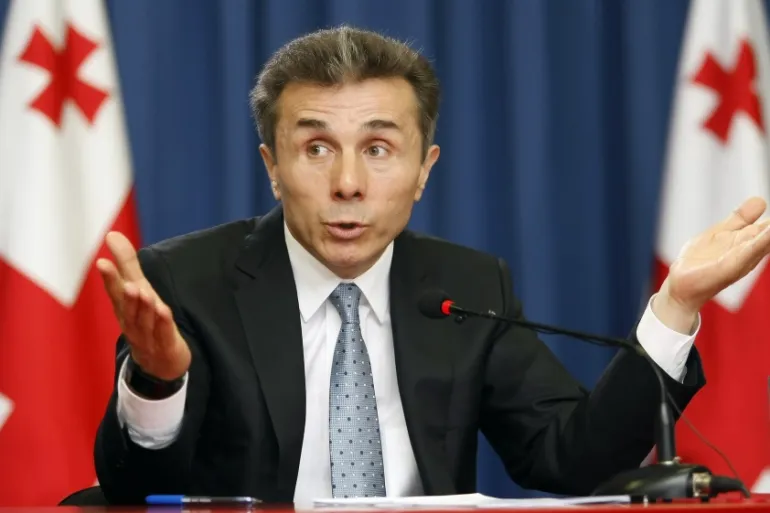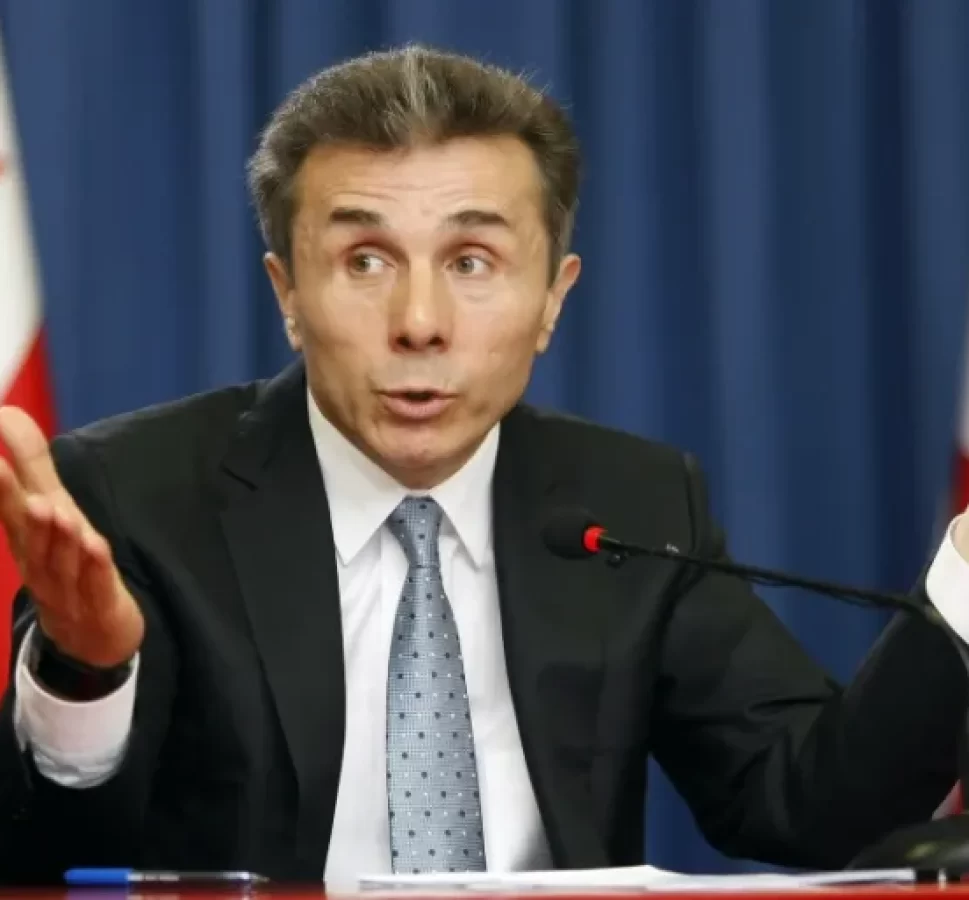
State intelligence agency claims ‘former officials’ also planned to assassinate governing party head Ivanishvili.
Georgia’s state intelligence agency has announced the opening of an investigation into a plot to “violently overthrow” the government.
In a statement posted on Facebook on Wednesday, the State Security Service of Georgia said it is “investigating criminal activities” aimed at creating unrest, including a plot to kill Bidzina Ivanishvili, the honorary chairman of the governing Georgian Dream party.
The statement accused “former high officials” of being behind the plot, with local media reports suggesting links to Ukraine. The announcement came amid heightened tension in Georgia over the introduction of a “foreign influence” law that opponents say illustrates the government is moving closer to Russia.
“The aim of the criminal activities is to violently overthrow the state government by destructive forces in the midst of creating unrest in the country and weakening the government,” the statement read.
“Active investigations and operative-search measures are underway in which specific persons are sent to the investigative body for questioning,” it added.
The security service did not name the suspects. However, Georgian media reported at least six people had been summoned for questioning, most of whom have fought against Russia’s invasion of Ukraine.
Georgia’s authorities have repeatedly accused Ukraine-based Georgians fighting against Russia of plotting a coup.
Tbilisi says it opposes Moscow’s invasion of Ukraine, but has declined to impose sanctions on Russia over its aggression.
Georgia also hosts significant numbers of Russians who fled their country in fear of Moscow’s mobilisation efforts.

‘Russian law’
Ivanishvili is the South Caucasus country’s richest man. Founder of Georgian Dream and retaining significant influence over the party, he refutes accusations that he is moving Georgia – which was invaded by Russian forces in 2008 – back towards Moscow.
The billionaire insists that the government still hopes to move towards European Union membership. However, Brussels has said repeatedly that the foreign agent law puts that ambition at risk.
Formally led by Prime Minister Irakli Kobakhidze, the ruling coalition overrode a veto by President Salome Zourabichvili on the controversial bill in May amid huge protests, which were violently crushed by the authorities.
The new law requires media, nongovernmental organisations and other nonprofit groups to register as “pursuing the interests of a foreign power” if they receive more than 20 percent of their funding from abroad.
The government insisted that the law is needed to stem what it deems to be harmful foreign actors trying to destabilise the South Caucasus nation of 3.7 million. However, many Georgian journalists and activists argue that the bill’s true goal is to stigmatise them and restrict debate in the run-up to parliamentary elections scheduled for October.
Opponents have denounced the legislation as “the Russian law” because it resembles measures pushed through by the Kremlin to crack down on independent news media and nonprofit groups.






